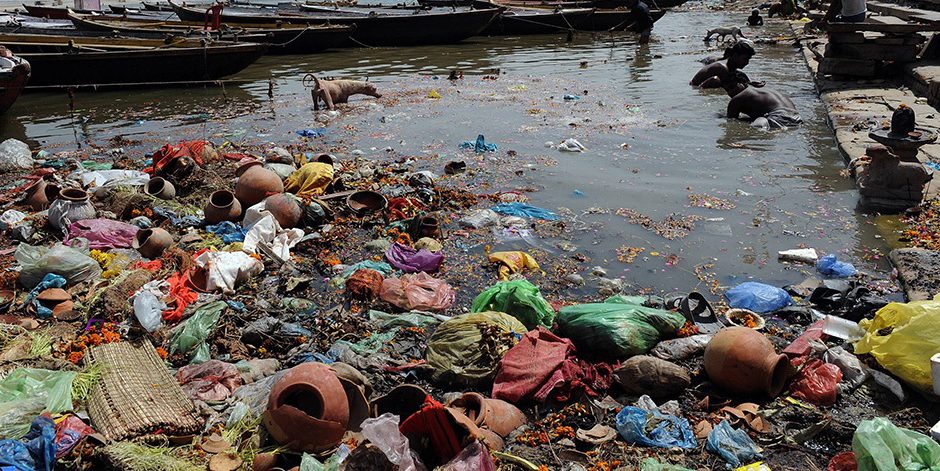In Brief
After recent legal action gave two sacred rivers in India the rights of “legal persons,” the ruling was overturned, taking those rights away. This leaves the Ganges and Yamuna rivers vulnerable to pollution.
Rivers Aren’t Humans in India
There has been a recent emergence of conservation efforts that, in an attempt to protect natural bodies like rivers, action has been taken so that they are viewed, legally, as living entities, entitled to the same rights as humans. As an example, recently New Zealand’s third largest river was granted these rights, protecting it as a living being.
Now, granting legal personality, as was the case in New Zealand and what has been proposed elsewhere, doesn’t mean that rivers could collect social security or go on food stamps. However, it would serve as a means of protection and lay the responsibility of the river’s well-being on the public.
In India, the Ganges and Yamuna rivers, which have historically been considered sacred flowing bodies of water, were ruled by the Supreme Court to be “legal persons.” This protected them from damage or pollution, making the penalties for perpetrating such acts akin to injuring a human being.
But this huge step forward in conservation was recently overturned. Uttrakhand, the Himalayan state in which the Ganges river begins, argued that this newly acquired status was “unsustainable in the law.”
The Battle Over Sacred Water
In an interview with AFP, M. C. Pant, the legal representation of petitioner Mohammed Saleem, who is fighting against this overturning, asserted that, “We will present our case before the court and convince them.” While it is understandably a new and confusing legal space, there are many like Pant and Saleem who are passionate about the preservation of these sacred sites.
Because of its spiritual significance, the Ganges, in particular, is often visited and bathed in, and the ashes of loved ones are frequently scattered within it. It is also a popular site for dumping sewage and waste, leaving the river critically polluted.
![[Taken] In India: Rivers Are Not Living Entities](https://futurism.com/wp-content/uploads/2017/07/Rishikesh.jpg)
If the rivers are eventually granted these legal rights, there would be increased penalties for pollution and injury to them. They would be more heavily monitored and allotted custodians to look after and care for them.Without these rights, the rivers would remain vulnerable to pollution. And, as time continues on and the rivers are continually visited and contaminated without any observance or oversight, they will continue to decline in health and well-being.






























